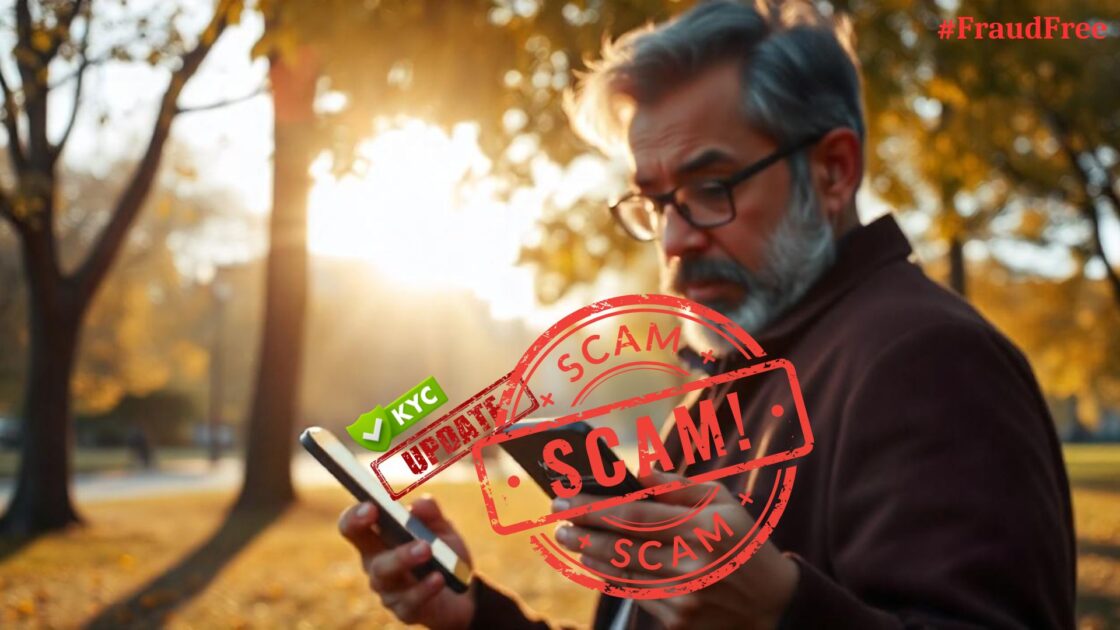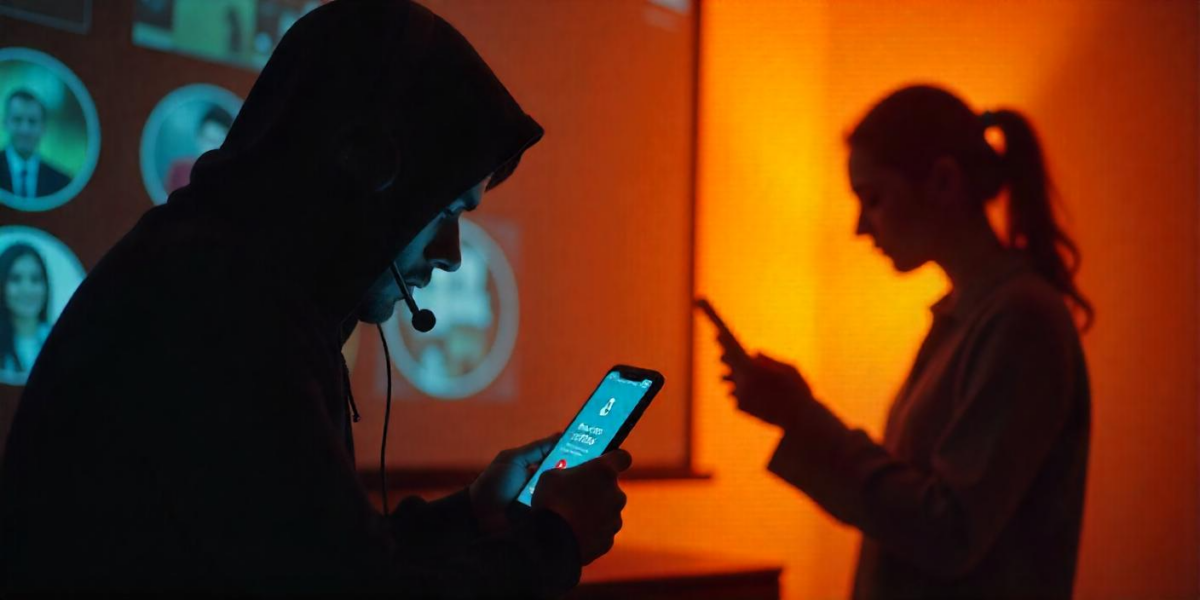Let’s get real: WhatsApp is a lifeline for many of us—chats with friends, coordinating work, even booking dinner. But that little “Business Account” badge? It feels official, right? But many don’t even assume that scammers use business accounts on WhatsApp.
And that’s exactly what scammers love.
Here’s the scoop, with real stories, real money lost, and real strategies to help you stay one step ahead.
Why Scammers Use WhatsApp Business Account?
Imagine getting a message from what looks like a legit business, complete with automated greetings, a product catalog, or even a logo.
That’s the trap of the Business account WhatsApp Scam. Because anyone can set up a Business account without deep verification, crooks use it to mimic legitimacy and win your trust.
Think of it as digital dressing: scammers are wearing suits, hoping we’ll trust them more.
Below are some real-world WhatsApp Scams That’ll Make You Double-Check
1) Hyderabad’s costly “IPO” trap — ₹1.68 crore gone
In Hyderabad, a defence officer, a chartered accountant, and a government staffer were drawn into WhatsApp groups that appeared to be high-end investment circles.
Conversations revolved around “exclusive” pre-IPO deals, building a false sense of credibility.
Trusting the setup, they transferred funds in stages—adding up to about ₹1.68 crore. When they tried to cash out, the organisers demanded even more payments.
That’s when red flags became impossible to ignore, and cybercrime officials stepped in under India’s IT laws.
2) From WhatsApp to Telegram — and ₹7 lakh down the drain in Vadodara
A Vadodara-based IT professional began receiving WhatsApp messages offering quick cash for simple online tasks.
Small initial payouts built confidence, then came a move to a “private” Telegram group where the stakes, and promises were bigger. Before long, she’d transferred ₹7 lakh.
The returns never came. Classic bait-and-switch.
3) Kanpur businessman’s ₹46 lakh loss in a fake trading group
In Kanpur, a businessman was added to what looked like an active WhatsApp stock-picking group.
With talk of outsized profits, he was nudged into sending multiple payments across different accounts, totalling around ₹46 lakh.
Once the money was in, he was removed from the group, and the scammers vanished. Police are investigating.
The Bigger Picture: Scams are spreading fast
- Impersonation scams are surging. Lloyds Bank flagged WhatsApp as one of the fastest-growing channels for impersonation fraud, urging users to verify unexpected requests before acting. (lloydsbankinggroup.com)
- Platform enforcement is ramping up. Between January and June 2025, WhatsApp deactivated about 6.8 million accounts tied to scam networks—many linked to organised crime rings in Southeast Asia. (AP News)
- Local data mirrors the trend. In Gurgaon, investment frauds accounted for nearly 40% of reported cybercrime cases this year, with several scams beginning in WhatsApp groups. (The Times of India)
How to Identify a Scammer on WhatsApp?
| Smart move | Why it matters |
| Spot the green tick | Only verified business accounts with the green badge have been authenticated by WhatsApp. |
| Pause on urgent pitches | “Act now” pressure is a hallmark of scams—slow down and verify first. |
| Double-check who’s messaging | Numbers and names can be spoofed—validate via official sites or known contacts. |
| Use new group safety cues | WhatsApp is adding safety prompts when unknown contacts add you to groups—review before engaging. |
| Report & block fast | More reports = faster takedowns. Use WhatsApp’s in-app Report to flag suspicious accounts. |
How to Report Fake WhatsApp Business Account?
Now if you failed to identify red-flags and lost money in WhatsApp scam then take an immediate action to get recovery of your losses.
Yes, you read it right, RECOVERY. It is possible if you take right action on time.
To report the complaint follow the steps below:
- File a cyber crime complaint.
- Lodge an FIR at the local police station.
- Register with us and get assistance in filing a complaint using the right process.
Conclusion
So, yes, scammers use WhatsApp Business accounts to hide behind legit-looking facades. It’s not just shady job offers or phishing links anymore—people are losing serious money through fake groups and “trusted” profiles.
Bottom line? That Business tag should be earned, not assumed.
Take a breath, check your sources, and trust facts over impressions. In today’s world, it pays to double-check before you click, reply, or transfer. Stay safe out there.







